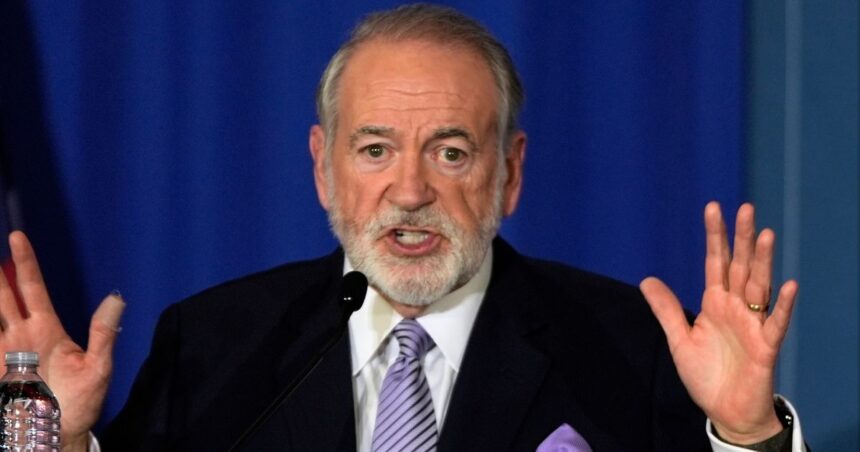Former Arkansas Governor Mike Huckabee’s lawsuit against social media giant Meta over advertisements using his name and image to sell CBD products has been dismissed by a federal judge in Delaware. Huckabee, who is also a Baptist minister and President-elect Donald Trump’s nominee for U.S. ambassador to Israel, alleged that Meta allowed and profited from ads falsely claiming he used and endorsed CBD gummies. CBD, a non-psychoactive component of marijuana, does not cause the high associated with THC.
Meta, the parent company of Facebook and Instagram, invoked Section 230 of the Federal Communication Decency Act to claim immunity from liability. However, U.S. District Judge Gregory Williams rejected this defense. While Williams found that Huckabee failed to establish valid claims for invasion of privacy, unjust enrichment, and violation of Arkansas’ Publicity Protection Act, he did acknowledge that Meta could be held accountable for the illegitimate ads it allowed on its platforms.
Despite this, Huckabee was unable to prove that Meta knew the ads were fraudulent or that it acted with malice or reckless disregard for the truth. Williams noted that there was no evidence to suggest Meta had doubts about the authenticity of the ads, especially considering Huckabee’s public stance against marijuana. The judge concluded that Huckabee’s allegations of malice were unsubstantiated and lacked sufficient detail to hold Meta accountable.
Overall, the dismissal of Huckabee’s lawsuit highlights the challenges of holding social media companies responsible for the content shared on their platforms. While Meta may not be immune from all liability, proving intent and knowledge of false advertising remains a complex legal hurdle. This case serves as a reminder of the evolving legal landscape surrounding online content and the importance of clear evidence in holding tech companies accountable.






